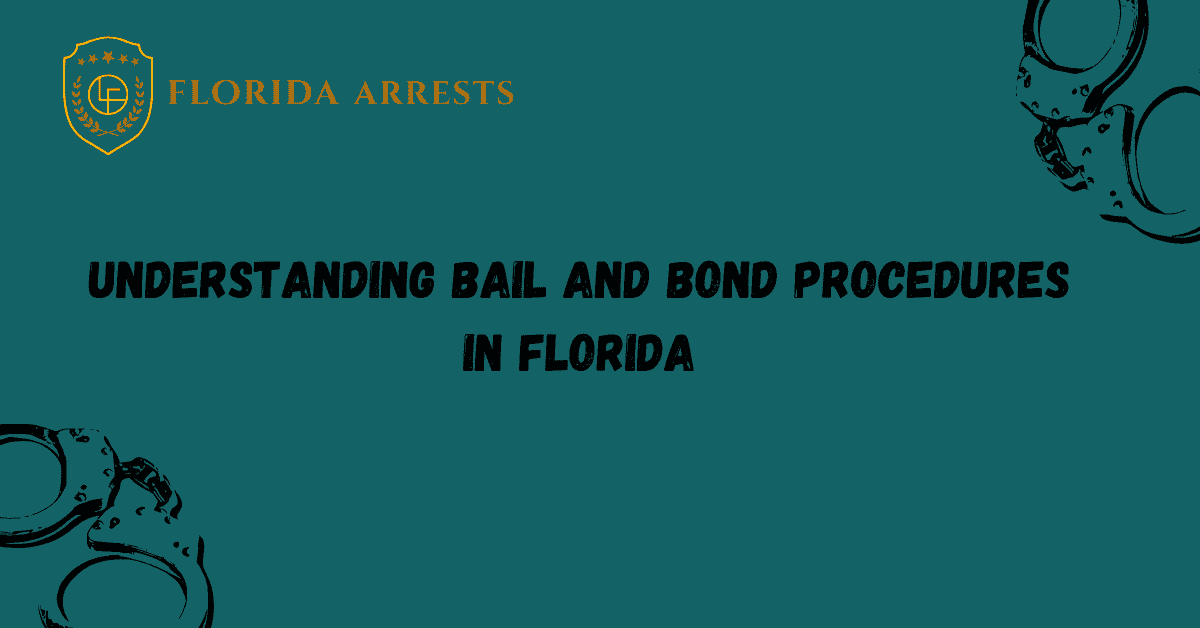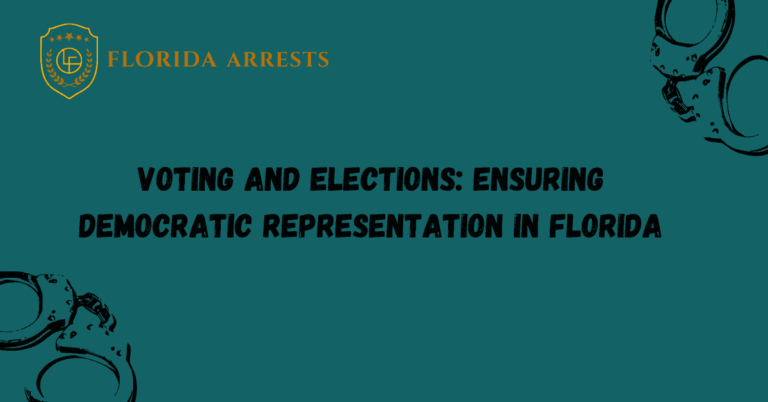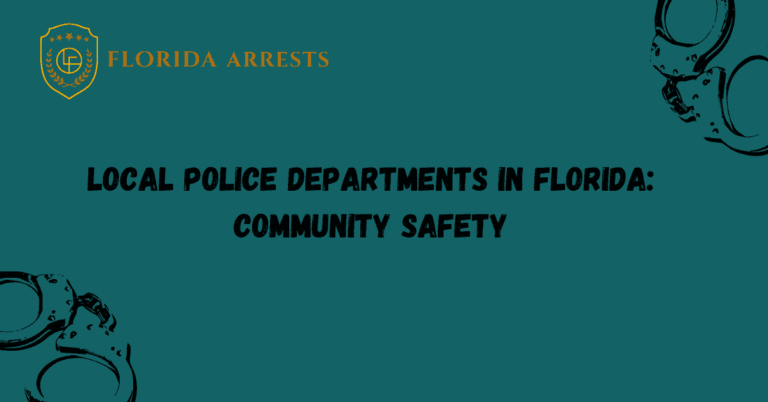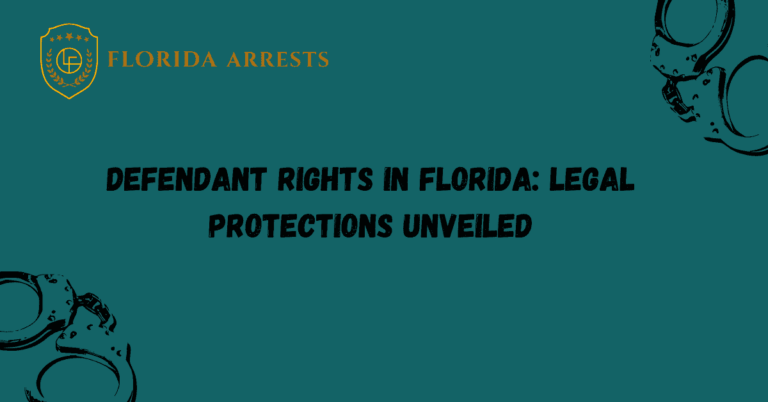Understanding Bail and Bond Procedures in Florida
When it comes to legal matters, it is important to have a solid understanding of the processes and procedures involved. One such procedure is bail and bond. In the state of Florida, bail and bond procedures play a crucial role in the criminal justice system. Whether you or a loved one is facing charges, it is essential to grasp the concepts and navigate through the system effectively.
The Bail Process in Florida
When someone is arrested and charged with a crime in Florida, they may have the option to post bail. Bail is a financial arrangement that allows the accused to be released from custody while awaiting trial. It serves as a guarantee that the person will appear in court for their scheduled hearings.
Posting Bail
In Florida, there are several ways to post bail. The most common method is through cash payment. The accused or their family can pay the full amount of the bail in cash directly to the court. This ensures the person’s release, but the money is held by the court until the case is resolved.
Another option is to use a bail bondsman. A bail bondsman is a professional who provides a surety bond on behalf of the accused. The accused pays a percentage of the total bail amount, usually around 10%, and the bondsman guarantees the full bail amount to the court.
Conditions of Bail
When someone is released on bail in Florida, there are certain conditions they must follow. These conditions can vary depending on the severity of the charges and the individual’s criminal history. Common conditions include regular check-ins with a probation officer, travel restrictions, and prohibitions on contacting certain individuals.
The Role of Bond in the Criminal Justice System
In addition to bail, the use of bond is also an important part of the criminal justice system in Florida. Bond is a financial arrangement that allows the accused to be released from custody with the promise to pay a specific amount if they fail to appear in court.
Cash Bond vs. Surety Bond
There are two types of bonds that can be used in Florida: cash bond and surety bond. A cash bond requires the accused or their family to pay the full bond amount in cash to the court. If the person fails to appear in court, the money is forfeited.
A surety bond, on the other hand, is obtained through a bail bondsman. The accused pays a percentage of the bond amount, usually around 10%, and the bondsman provides the full bond amount to the court. If the person fails to appear, the bondsman is responsible for paying the full bond amount.
Consequences of Failing to Appear
If someone fails to appear in court after being released on bail or bond, there can be serious consequences. The court may issue a warrant for their arrest, and they may face additional charges for bail jumping or failure to appear. In addition, any money or collateral posted for bail or bond can be forfeited.
It is important for individuals facing charges in Florida to understand the bail and bond procedures. By having a solid understanding of these processes, they can navigate the criminal justice system effectively and ensure their rights are protected.
FAQs
What is bail?
Bail is a legal process that allows a person accused of a crime to be released from custody while awaiting trial. It involves the payment of a set amount of money or the posting of collateral to ensure that the accused will appear in court.
How does the bail process work in Florida?
In Florida, after a person is arrested, they are taken to a local jail where they are booked. The judge then sets a bail amount based on various factors such as the severity of the crime and the defendant’s flight risk. The defendant or their family can then pay the bail amount or hire a bail bondsman to secure their release.
What is a bail bond?
A bail bond is a financial guarantee provided by a bail bondsman to secure the release of a defendant. The bondsman charges a fee, usually a percentage of the total bail amount, and takes responsibility for ensuring that the defendant appears in court.
What happens if someone fails to appear in court after posting bail?
If a defendant fails to appear in court as required after posting bail, a warrant for their arrest is issued and the bail is forfeited. The bail bondsman may also hire a bounty hunter to track down the defendant and bring them back to court.
Can bail be denied in Florida?
Yes, bail can be denied in certain circumstances, such as when the defendant is considered a flight risk or a danger to the community. The judge may also deny bail if the defendant has a history of failing to appear in court or if the charges are particularly serious.
Can the bail amount be reduced?
Yes, in some cases, the bail amount can be reduced. The defendant or their attorney can request a bail reduction hearing where they present evidence to support the request. The judge will consider various factors, such as the defendant’s ties to the community, their criminal history, and the severity of the charges, before making a decision.







